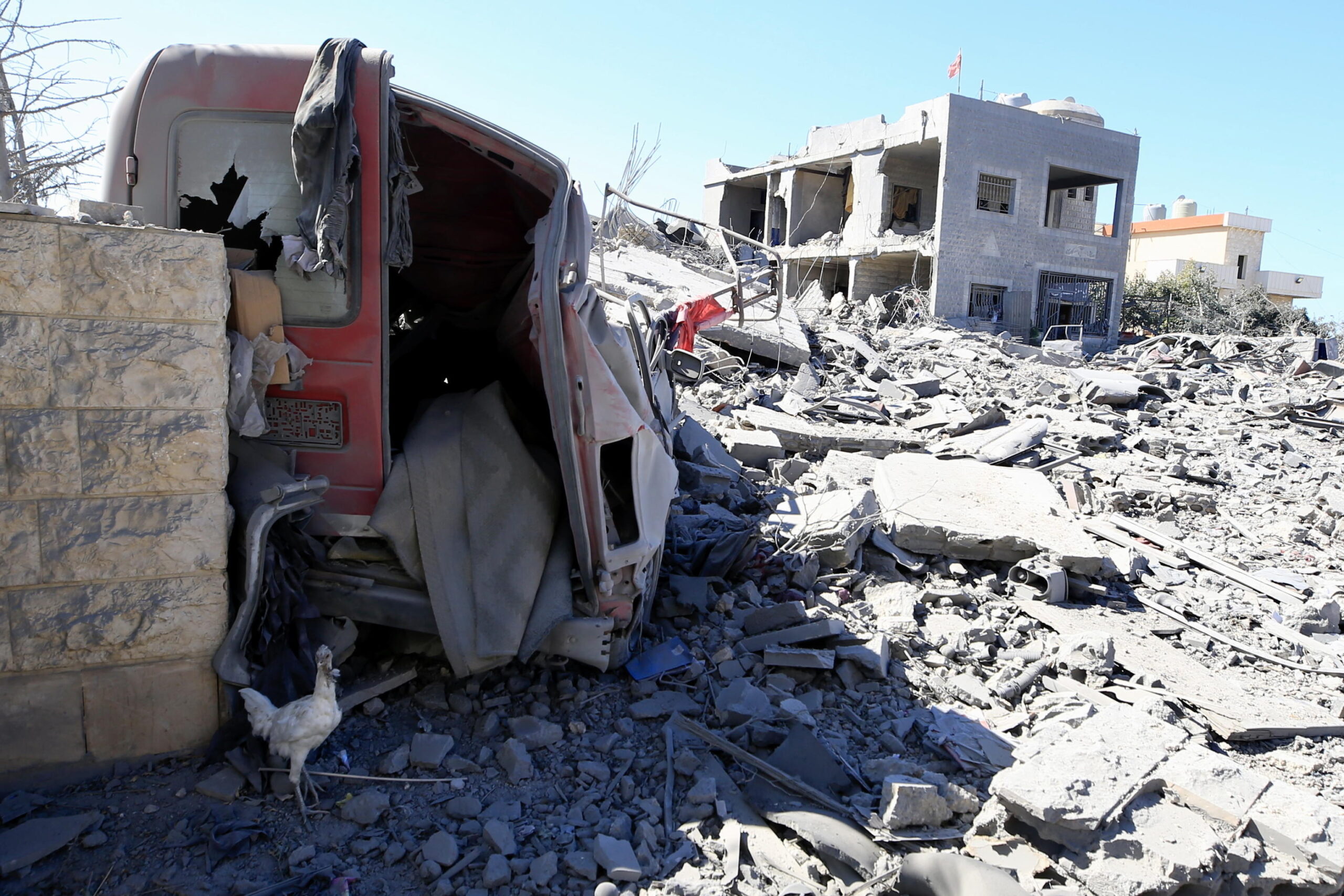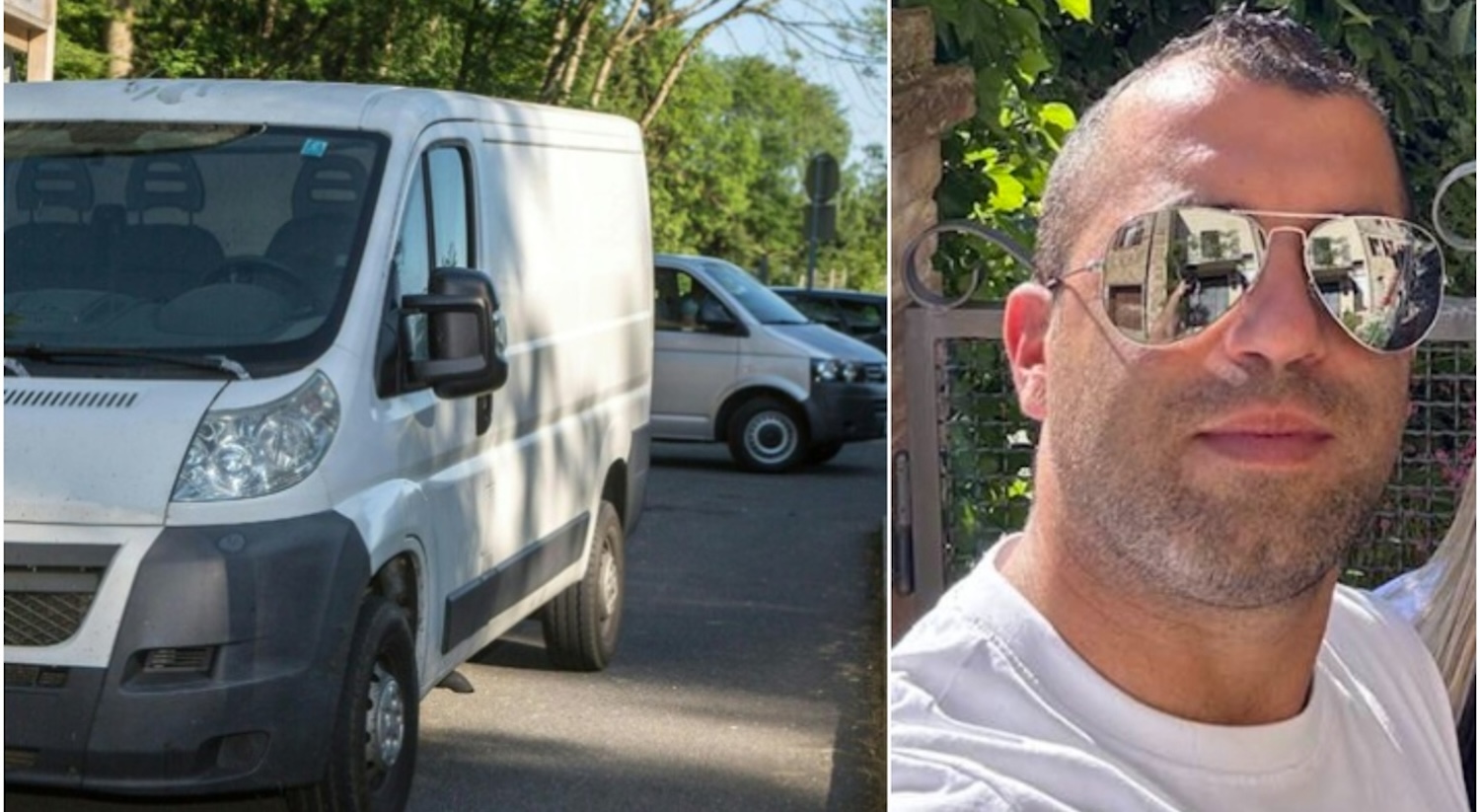Today, September 26, the Tel Aviv Air Force bombings resumed in southern Lebanon and the Bekaa Valley. The Beirut Health Ministry reported at least 26 people killed. Three died in the cities of the Tyre district, another in Qana, in southern Lebanon, and two in Cadmus. But the most dramatic toll was recorded in Younine, a city in northeastern Lebanon. Here, an airstrike hit a three-story building, killing 20 people: 19 were Syrians, workers, but mostly women and children. The Lebanese group Hezbollah responded by sending missiles: in a note the Party of God claimed responsibility for launching 45 rockets towards northern Israel with the aim of hitting military and industrial sites. The IDF confirmed that the Upper Galilee was the area hit by the launches of Shiite militias. No casualties have been reported so far and it is unclear whether the shots were successful. Diplomats are in contact and negotiations are underway as the international community tries to reach a ceasefire agreement, US Secretary of State Antony Blinken explained. Msnbc: “The world is clearly talking about the need for a ceasefire on the border between Israel and Lebanon.” The urgency is expressed in a note from EU High Representative Josep Borrell: “We deplore the heavy toll paid by civilians, including children and UN personnel, and we call for respect for international humanitarian law in all circumstances.” In response, Israeli Defense Minister Yoav Gallant, along with senior army officers, approved the continuation of IDF offensive operations on the northern front. Meanwhile, more than 22,000 people fleeing Israeli bombardments in Lebanon have entered Syria since last Monday. This was reported by Syrian security sources.
Borrell: “Any escalation would have dramatic consequences”
Borrell could not be clearer: “Any further escalation would have dramatic consequences for the region and beyond.” The international community is concerned about the possible consequences of the Israeli attacks in Lebanon: “The European Union is extremely concerned about the military confrontation between Israel and Hezbollah, which began on 8 October and has escalated with recent attacks in densely populated areas,” he wrote. Borrell. High Representative Borrell calls for compliance with UN resolutions approved within the Security Council: “UN Security Council Resolution 2749, adopted unanimously on 28 August 2024, urges all relevant actors to implement immediate de-escalation measures: we urge both parties to urgently implement a ceasefire across the Blue Line that effectively and immediately ends all cross-border threats and work towards the full and symmetrical implementation of UN Security Council Resolution 1701, in order to ensure the safe return of displaced populations on both sides as part of a broader negotiated solution. Borrell thanks Western truce proposals: “We welcome and strongly support the efforts of France and the United States to reach a negotiated ceasefire. We call on all parties to protect and support the important mission of UNIFIL.” And it renews its support for Lebanon: “The EU reiterates its strong support for the institutions of the Lebanese State, including the Lebanese Armed Forces, and stands ready to help Lebanon break the political deadlock. EU Member States have a long tradition of supporting Lebanon. As the country goes through dramatic times, the Lebanese people can be confident that the Member States and the EU will continue to support them.”
The United States and France are trying to avoid an invasion of Lebanon that could be carried out by Israel, after incursions into the Gaza Strip and the West Bank. The two countries have proposed an agreement to suspend hostilities for 21 days. Antonio Guterres, at the UN, fears the risk of an all-out war in the Middle East. The number of deaths that the authorities in Beirut are recording in their country is impressive: the toll of yesterday's attacks alone is 72 dead and 400 wounded. Experts like Ely Karmon, a researcher at the International Institute for Counterterrorism in Herzliya, say that the risk of escalation persists “since Hezbollah caused the death of twelve Druze children on the Golan Heights.” But Karmon does not think that the time has yet come for an all-out war: “And I do not think that Iran will continue to support Hezbollah in new reprisals against Israel.
The refusal of the truce
September 26 opened with the announcement of a truce between Beirut and Tel Aviv. However, the agreement was immediately denied by both sides: the office of outgoing Lebanese Prime Minister Najib Miqati told local media that Miqati had not signed any agreement, although there is a hotline open for negotiations and involves Parliament Speaker Nabih Berri – a Hezbollah ally –, US Secretary of State Antony Blinken and US special envoy Amos Hochstein. Israeli Prime Minister Benjamin Netanyahu's office also called reports that a ceasefire agreement could come into effect “incorrect”. “This is a Franco-American proposal to which the prime minister has not responded.” The Israeli army was ordered to continue fighting, while Israeli Foreign Minister Israel Katz reiterated: “There will be no ceasefire in the north. We will continue to fight the Hezbollah terrorist group with all our strength until victory is achieved and the people of the north return to their homes in safety.”
The Ambassador
Israel's military chief told his troops Wednesday that its heavy airstrikes on Lebanon were paving the way for a possible ground operation by Israeli forces against Hezbollah militants, as a wave of diplomacy sought to prevent an all-out war. The United States and France are trying to reach an interim agreement to end hostilities. With the aim of opening broader ceasefire negotiations in Gaza, Cypriot President Nikos Christodoulides said Reuters on the sidelines of the United Nations General Assembly in New York. Israeli Ambassador to the UN Danny Danon told reporters that Israel would welcome a ceasefire and would prefer a diplomatic solution in Lebanon. But if diplomacy failed, Israel would use all means at its disposal.
Iran
Also at the United Nations, Iranian Foreign Minister Abbas Araqchi said his country supports Hezbollah. And it would not stand by a full-scale war in Lebanon. Guterres said an all-out war must be avoided at all costs. Meanwhile, Israel expanded its airstrikes in Lebanon on Wednesday, killing at least 72 people. Tel Aviv also shot down a missile yesterday that Iran-backed Hezbollah said was targeting the headquarters of the Mossad intelligence agency nearby. “Feel the jets overhead; we have been striking all day,” Gen. Herzi Halevi told Israeli troops on the border with Lebanon, according to a military statement. “This serves both to prepare the ground for a possible entry and to continue to cripple Hezbollah.” A Pentagon spokesman said an Israeli ground incursion did not appear imminent.
Total War
World leaders have expressed concern about the escalating conflict, alongside Israel's war in Gaza against Hamas. US Secretary of State Antony Blinken said Washington and its allies were working tirelessly to avoid a full-scale war between Israel and Hezbollah, which he said would not back down until the war in Gaza is over. French President Emmanuel Macron will send his foreign minister to Lebanon this week as part of efforts to prevent war from breaking out. “There cannot be, there must not be, a war in Lebanon,” he told the annual United Nations meeting.
The ceasefire
Three Israeli sources said Reuters that no significant progress has been made so far in Franco-American efforts. “The risk of escalation in the region is acute. The best response is diplomacy, and our coordinated efforts are essential to avoid further escalation,” Blinken said at a meeting with officials and ministers from the Gulf Arab states in New York. Israeli airstrikes this week targeted Hezbollah leaders and hit hundreds of sites deep in Lebanon, where hundreds of thousands of people have fled the border region as the group fired volleys of rockets into Israel.
Netanyahu
In a video message, Israeli Prime Minister Benjamin Netanyahu said Hezbollah was taking a bigger blow than it could have ever imagined. Israel has prioritized securing its northern border and the return of some 70,000 residents displaced by near-daily gunfire since the start of the October war between Israel and Hamas in Gaza, on Israel’s southern border. Lebanese hospitals have been filled with wounded since Monday, when Israeli airstrikes killed more than 550 people in the deadliest day in Lebanon since the end of the civil war in 1990. Hezbollah, meanwhile, blames Mossad for the assassinations of its leaders. The Islamic Resistance in Iraq, a pro-Iranian militant group, has said it is targeting southern Israel.
The red line
According to Karmon, who speaks today in an interview with The presssays Israel is “aware that it must not cross the red line. It's a bit like a game in which each side tries to win a point. Hezbollah attacked Israel in collusion with Hamas and continues to support the Palestinian extremist organization despite pressure from various international actors such as the United States. And he adds: “For now, Hamas is not completely defeated. The real problem, however, is that Israel is not really committed to a post-war plan to be implemented in the Gaza Strip when the objectives are achieved.”
On the cover: EPA/STRINGER I People inspect damaged buildings after the September 25 Israeli raids, in Saksakiyeh, southern Lebanon, September 26, 2024.



